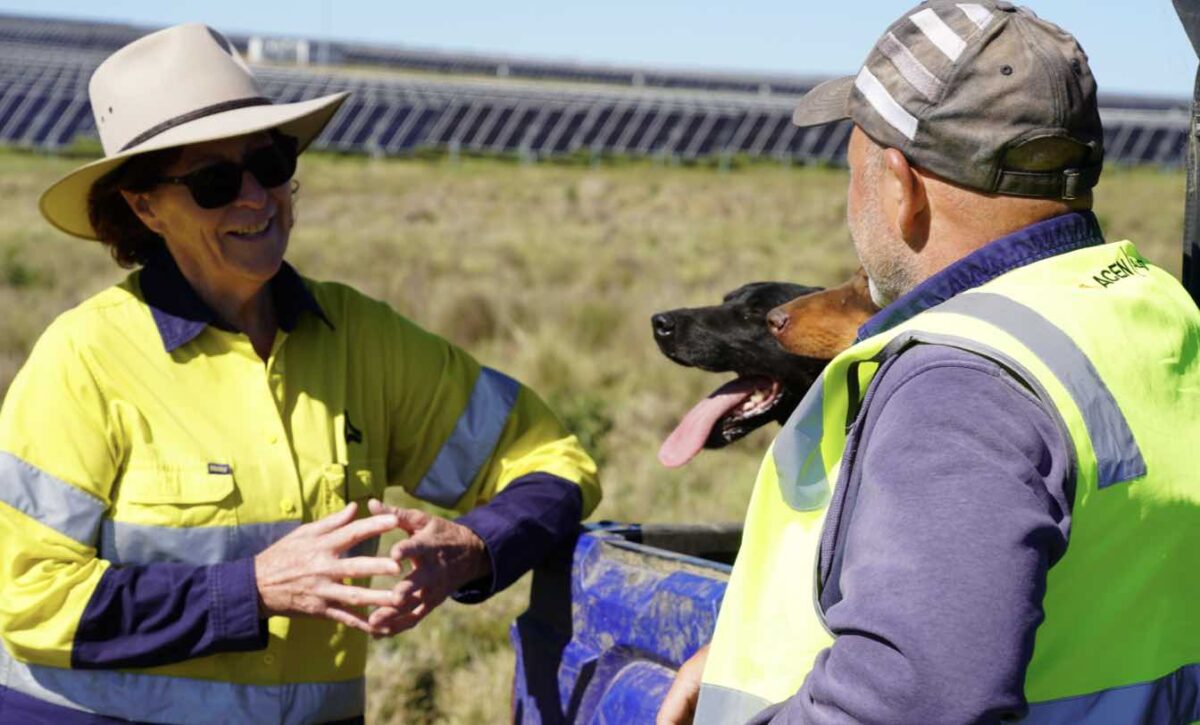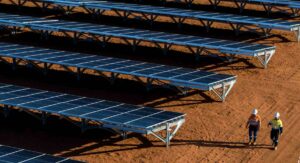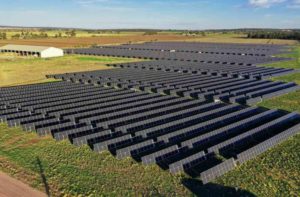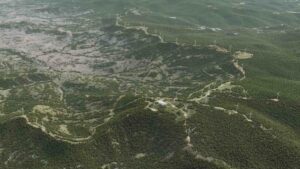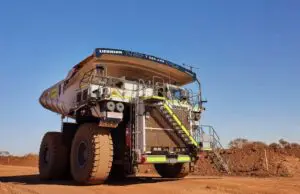Farmers are generally pretty keen to host renewable energy projects, but relationships with developers could really use some work, according to a new survey into agriculturalists’ opinions about clean energy.
The survey of 1001 people involved in the farming sector, all of whom lived in renewable energy zones across the eastern seaboard, showed that while 70 per cent of the respondents supported clean energy projects in their area, suspicions of developer motives are equally high.
Farmers are “wary” of developers and want regulations to govern how they engage with and financially support landowners and the community, the Farmers for Climate Action report The Quiet Majority said.
“Most farmers believe developers are driven solely by profit, and do not care about the impact they have on communities or farmers themselves,” the report said.
“Farmers feel powerless in negotiations, with several calling for independent legal advice to be provided to help farmers navigate complex negotiations and contracts.”
That sense of powerlessness in the face of corporate interests means landowners distrust promises that decommissioning is the developer’s responsibility, and believe they will ultimately be responsible for removing “toxic, broken, eyesores in the decades to come.”
“Many are concerned that they will have to spend more money decommissioning them than they received in payments,” the report says.
To date only Queensland has set a code of conduct for renewable energy developers, but New South Wales has created its planning framework as well to guide processes.
Earlier this year a federal review into poor community engagement led to a recommendation of an independent rating scheme for developers.
“The data shows the quiet majority of rural Australia is clearly in favour of clean energy projects locally, although many don’t realise they’re part of the quiet majority,” Farmers for Climate Action CEO Natalie Collard said.
“Those who don’t support clean energy and those who do have a lot in common – they express the same valid concerns.
“Regional Australia is clearly asking the government to hold developers to account as they aim to build clean energy projects.
“Those polled clearly ask for the government to take charge on decommissioning, even though the vast majority of clean energy contracts already require the operator to decommission the project, and this means decommissioning would be covered by insurance should a company go broke.”
Co-design the next shared benefit?
The desire to be a more empowered player in the developer-landowner relationship feeds into another ask: that farmers are actively involved in co-designing the projects on their land to ensure existing farming operations remain productive.
Examples of effective co-design are grain cropper Susan Findlay-Tickner’s farm in Victoria, where the RES Group developed the Murra Warra wind farm to literally line up the turbines to enable efficient cropping, with roads placed efficiently for dual wind and cropping farm use.
Sheep farmers have long been calling for co-design rights in solar farms to allow animals to safely graze under panels and ensure basic needs such as decent grass, watering stations and fencing are planned from the start.
But in terms of general attitudes to renewables, farmers are keen to see more renewable energy projects on local farmland.
The key benefits are seen as the extra “bonus” income for farmers, reliable electricity for the local community, and the extra investment in the local economy via shared benefit funds.
And as the biggest developers roll out energy bill relief for neighbours, that benefit may well need to become the norm as three-quarters of farmers surveyed were in support.
But the view of who will need to handle decommissioning was not the only example of misinformation the survey picked up: less than a third of the 1001 respondents knew that farmers already make very good incomes from hosting projects.
A previous Farmers for Climate Action survey found landowners make on average $40,000 per turbine per year and $1500 per hectare per year for solar.

